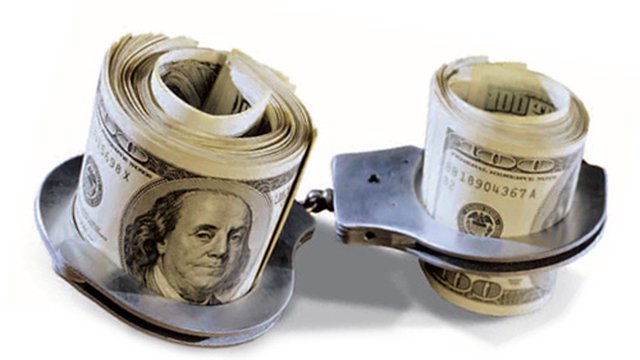More than half of Ukrainians agree to violate laws to punish corrupt officials as soon as possible – KIIS opinion poll

More than half of Ukrainians – 55% – want to punish corrupt officials as soon as possible, even if it happens in violation of the laws, according to the results of the survey "How to punish corrupt officials" conducted by the Kyiv International Institute of Sociology (KIIS) from November 29 to December 9.
At the same time, 42% of Ukrainians hold the opinion that it is necessary to punish according to the law, even if it takes longer. The remaining 3% have not decided on their opinion.
According to the survey results, the less respondents trust the courts, the more often they demand to punish corrupt officials as soon as possible, even in violation of the law: 41% of those who trust the courts think so, and 63% of those who do not trust already. A similar trend is observed with trust in the police.
At the same time, the opposite trend is in the case of trust in the president: those who trust the president (58%) insist on early punishment in violation of the laws more than those who do not trust (46%).
In all macro-regions of Ukraine, except for the eastern one, the desire to punish corrupt officials as soon as possible prevails, in the east opinions are equally divided.
"Corruption remains one of the biggest irritants in Ukrainian society ... Most Ukrainians demand punishment of corrupt officials even in violation of the laws, and compared to the period before the invasion, there is a radicalization of views. In fact, this is an alarming trend, since it contradicts the development of a modern European law-governed state … The public expects real sentences and real responsibility. Therefore, the favorite method of delaying time and burying cases can save someone's corrupt friend, but it can have a devastating effect on supporting the government in the near future," said Anton Hrushetsky, Executive Director of KIIS.
The survey was conducted by computer-assisted telephone interviews (CATI) among 1,031 adult respondents from all regions under Ukraine’s control. Formally, under normal circumstances, the statistical error of such a sample (with a probability of 0.95 and taking into account the design effect of 1.1) did not exceed 3.4% for indicators close to 50% and 1.4% for indicators close to 5%. In the conditions of war, a certain systematic deviation is added to it.








